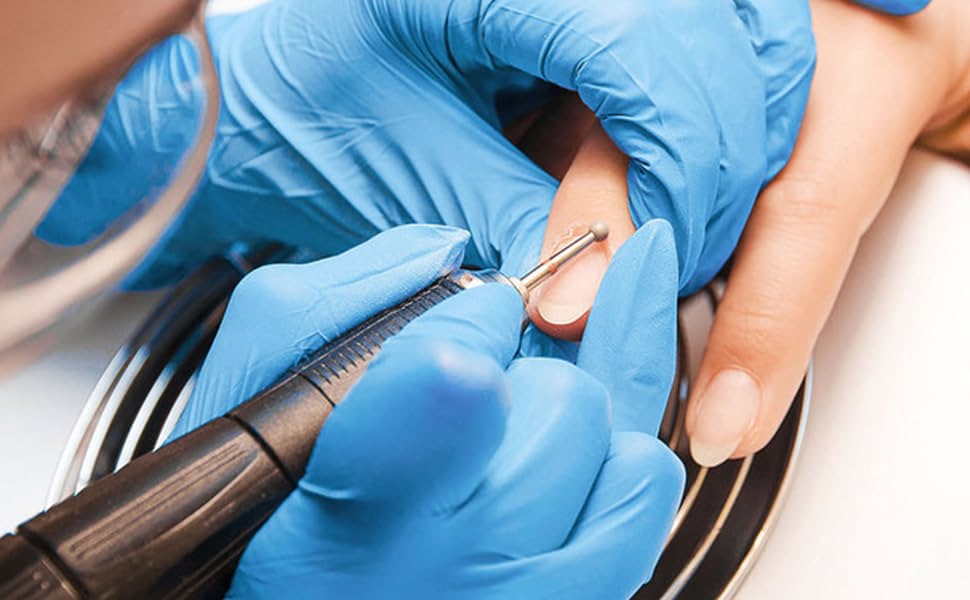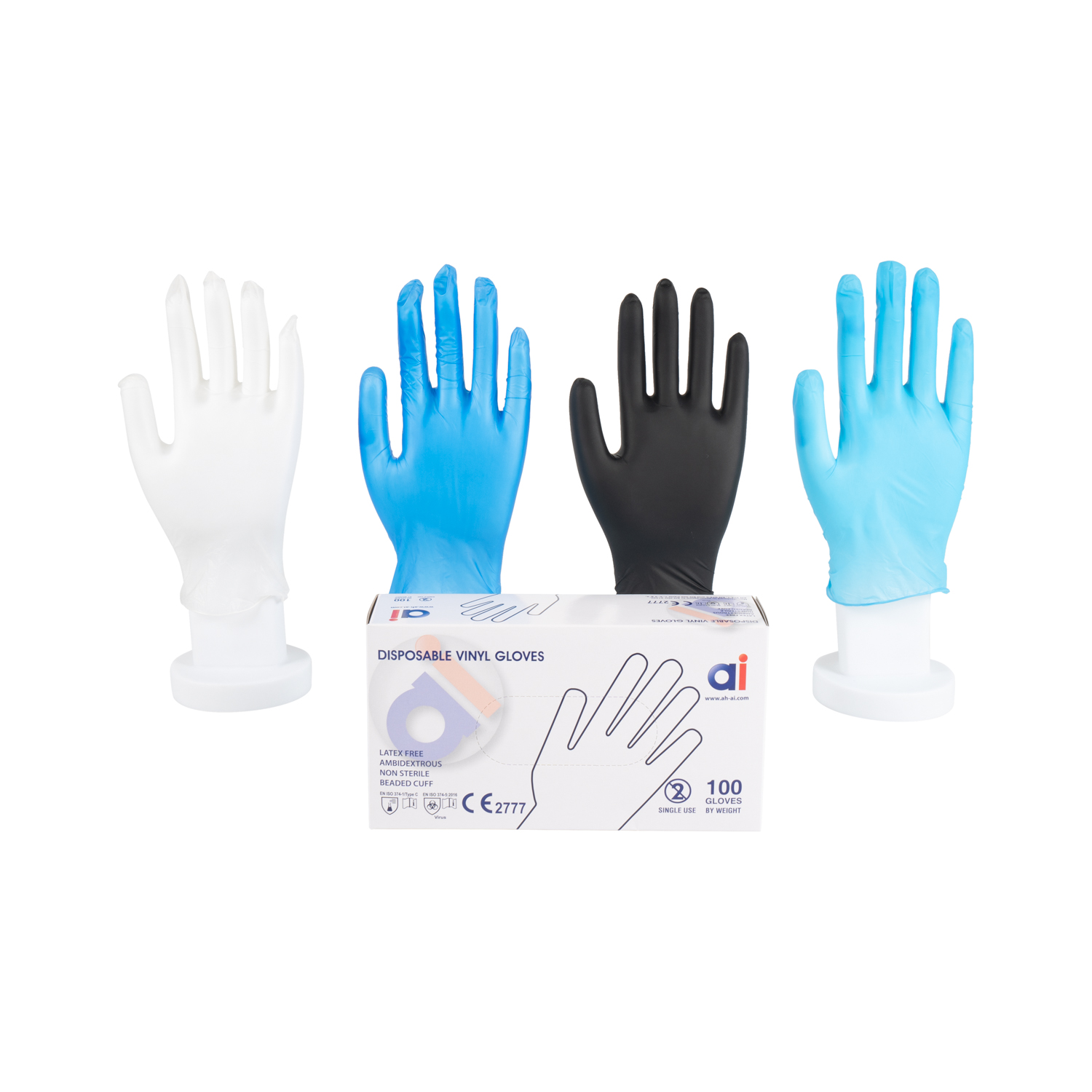
Vinyl gloves are a popular choice for light-duty tasks due to their affordability, comfort, and latex-free composition. However, they aren’t suitable for every situation. Using them inappropriately can compromise safety, durability, or hygiene. Below, we explore scenarios where vinyl gloves fall short—and what alternatives to choose instead.
Handling Hazardous Chemicals or Solvents
Vinyl gloves offer limited chemical resistance compared to nitrile or neoprene gloves. They may degrade, tear, or allow harmful substances to penetrate when exposed to:
- Organic solvents ….e.g., acetone, toluene.
- Oils, greases, or strong acids/bases.
- Biohazards requiring a higher barrier …e.g., bloodborne pathogens.
Alternative: Use nitrile gloves for chemical resistance or neoprene gloves for prolonged exposure to harsh substances.
High-Temperature Environments
Vinyl gloves have a low melting point and can soften, warp, or tear when exposed to heat. Avoid them for:
- Handling hot equipment or surfaces.
- Autoclaving or sterilizing items.
- Working with molten materials.
Alternative: Opt for heat-resistant gloves made of silicone, Kevlar, or leather.
Tasks Requiring Dexterity or Grip
Vinyl gloves are less flexible than latex or nitrile gloves, which can hinder precision in tasks like:
- Medical procedures …e.g., suturing, inserting IVs….
- Laboratory work with delicate instruments.
- Assembly of small mechanical parts.
Alternative: Nitrile gloves provide superior tactile sensitivity and grip.
Long-Duration Use
Vinyl gloves are thinner and more prone to punctures or tears over time. They’re not ideal for:
- Extended shifts in healthcare or food processing.
- Heavy-duty cleaning or construction work.
- Repeated donning/doffing ….they lose integrity faster.
Alternative: Choose thicker nitrile or reusable gloves for durability.
Latex Allergy Concerns ….But Not Always
While vinyl gloves are latex-free, they’re not always the best substitute in medical settings. For example:
- Surgery or invasive procedures: Vinyl lacks the elasticity and strength needed.
- High-risk infection control: Thin vinyl may tear, exposing wearers to pathogens.
Alternative: Nitrile gloves are latex-free, durable, and widely used in healthcare.
Sharp or Abrasive Materials
Vinyl gloves provide minimal protection against cuts, punctures, or abrasions. Avoid them when handling:
- Broken glass, metal shards, or needles.
- Rough surfaces or tools …e.g., construction materials.
Alternative: Cut-resistant gloves …e.g., stainless steel mesh or coated fabrics.
Strict Sterile Environments
In surgical or cleanroom settings, vinyl gloves may not meet sterility standards due to:
- Higher risk of pinhole defects.
- Loose fit compared to powdered-free nitrile or latex gloves.
Alternative: Sterile nitrile or latex gloves …if no allergies exist.
Key Takeaways: When to Skip Vinyl Gloves
Vinyl gloves excel in low-risk, short-term tasks like food prep, light cleaning, or non-hazardous lab work. However, they’re not recommended for:
- Chemical exposure.
- High heat or sharp objects.
- Medical procedures requiring precision or sterility.
- Long-term durability needs.



